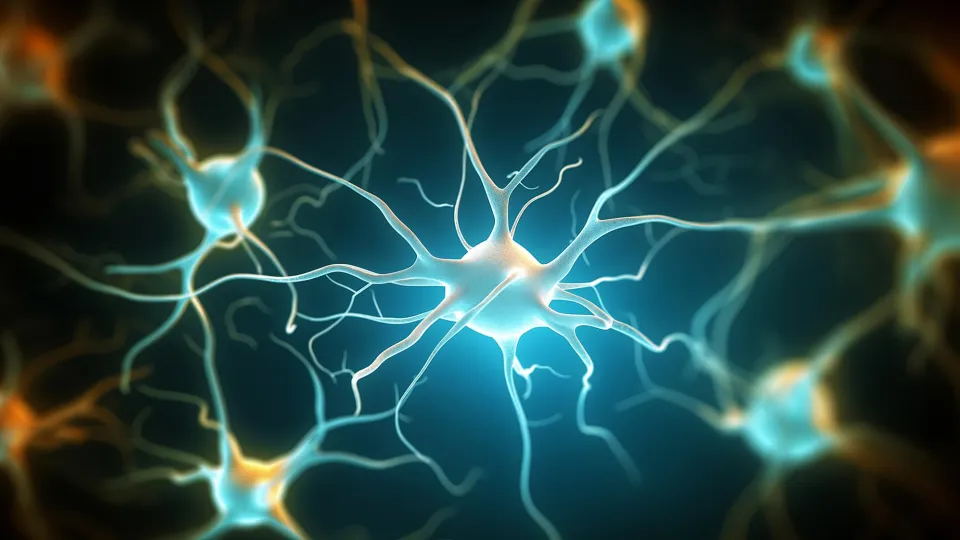
Meelad M. Dawlaty, Ph.D.
- Professor, Department of Genetics
- Professor, Department of Developmental & Molecular Biology
Area of research
- (1) Embryonic stem cell biology, lineage specification and development. (2) Epigenetic regulation of gene expression in stem cells (3) DNA methylation and demethylation in stem cells, development and cancer.
Phone
Location
- Albert Einstein College of Medicine Michael F. Price Center 1301 Morris Park Avenue 419 Bronx, NY 10461
Research Profiles
Professional Interests
Embryonic stem cell biology and development are regulated by epigenetic mechanisms of gene expression involving chromatin modifying enzymes that promote DNA and histone modifications. We utilize embryonic stem cells (ESCs), induced pluripotent stem cells (iPSCs) and mice as model systems to study how these enzymes reshape the epigenome and control gene expression programs to regulate stem cell biology and embryogenesis. The lab specializes in advanced technologies in genome editing and generating complex mouse strains. We integrate genetic, cellular, molecular, biochemical and bioinformatics approaches to dissect epigenetic pathways and mechanisms in stem cells, during development and in diseases.
The Tet family of enzymes (Tet1/2/3) modify the DNA base 5-methylcytosine (5mC) to 5-hydroxymethylcytosine (5hmC) to promote DNA demethylation and gene expression. They are abundant in various cell types including the zygote, ESCs, germ cells, hematopoietic stem cells (HSCs) and neural stem cells (NSCs). Over the years, our work in the field has defined key functions of Tet enzymes in ESC differentiation, germ cell reprogramming and development (Cell Stem Cell 2011, Dev. Cell 2013, Dev. Cell 2014, Cell Reports 2019, Nucleic Acid Res. 2022, iScience 2023) as well as in hematopoiesis (Nat. Immunology 2015, Cell Reports 2015, Cell Reports 2019, Science Adv. 2022, Exp Hemaotology 2023) and in the brain (Neuron 2013, Front Cell Dev Bio 2021). Recently in my lab:
· We have shown that the biological roles of Tet enzymes go beyond their enzymatic activity in DNA demethylation. Such non-canonical functions present a novel layer of epigenetic regulation. We study their roles in ESC pluripotency and development, as well as in hematopoietic stem cells and hematologic malignancies.
· We have established that Tet enzymes regulate lineage specification and organogenesis. We research their biologically critical functions in post gastrulation development, in particular during embryonic hematopoiesis and neurodevelopment.
· We study the Tet-modified base 5hmC and its derivatives 5fC and 5caC to establish their invovlements in regulation of gene expression during development and in onset of diseases.
Our work defines how stem cell biology and development are regulated by the DNA modifying enzymes. It will unveil new mechanisms of epigenetic regulation by Tets/5hmC, and can lead to identification of unique markers and targets for stem cell applications and treatment of diseases.
Selected Publications
Ebert BC, MacArthur IC, Ketchum H, Musheev M, Christof Niehrs C, Suzuki M, and Dawlaty MM, Establishment of neuronal and glial competence of neural stem cells requires distinct enzymatic activities of TET enzymes, Stem Cell Reports, In Press July (2025).
Ketchum H*, Morganti C*, Yanase C, Ebert B, Ito, K**, and Dawlaty, MM**. Tet3 regulates hematopoietic stem cell homeostasis during embryonic and adult hematopoiesis. HemaSphere, May (2025). PMID: 40330736
MacArthur IC, Ma L, Huang C, Bhavsar H, Masako S, and Dawlaty MM, Developmental DNA demethylation is a determinant of neural stem cell identity and gliogenic competence, Science Advances, August (2024) PMID: 39196941
Ketchum HC, Masako S, and Dawlaty MM, Catalytic-dependent and independent roles of TET3 in the regulation of specific genetic programs during neuroectoderm specification, Communications Biology, April (2024), PMID: 38580843
Flores JC, Sidoli S, and Dawlaty MM, Tet2 regulates Sin3a recruitment at active enhancers in embryonic stem cells, iScience, June (2023), PMID: 37456851
Flores JC*, Ito Ky*(co-first), Huang C, Tang Q, Yanase C, Ito K** and Dawlaty MM**, Comparative analysis of Tet2 catalytic deficient and knockout bone marrow over time, Exp. Hematology, May (2023), PMID: 37225048
Chrysanthou S*, Tang Q* (co-first), Lee J, Taylor SJ, Zhao Y, Steidl U, Zheng D, Dawlaty MM, The DNA dioxygenase Tet1 regulates H3K27 modification and embryonic stem cell biology independent of its catalytic activity, Nucleic Acid Research, February (2022), PMID:35150568 PMCID: PMC8989540
Ma L, Tang Q, Gao X, Lee J, Lei R, Suzuki M, Zheng D., Ito K, Frenette PS, and Dawlaty MM., Tet-mediated DNA demethylation regulates specification of hematopoietic stem and progenitor cells during mammalian embryogenesis, Science Advances, March (2022), PMID:35235365 PMCID: PMC8890710
Chrysanthou S, Flores FC, Dawlaty MM, Tet1 Suppresses p21 to Ensure Proper Cell Cycle Progression in Embryonic Stem Cells, Cells, April (2022), PMID: 35456045
Ito Ky*, Lee J*, (co-first), Chrysanthou S, Zhao Y, Josephs K, Sato H, Teruya-Feldstein J, Zheng D, Dawlaty M.M.**, Ito K**, Non-catalytic roles of Tet2 are essential to regulate hematopoietic stem and progenitor cell homeostasis, Cell Reports, September (2019), PMID: 31484061 PMCID: PMC6750732
Ravichandran M*, Lei R*(co-first), Tang Q, Zhao Y, Lee J, Ma L, Chrysanthou S, Lorton B, Cvekl A, Shechter D, Zheng D, and Dawlaty M.M., Rinf regulates pluripotency network genes and Tet enzymes in embryonic stem cells, Cell Reports, August (2019), PMID: 31433977 PMCID: PMC6716522
Abou-Jaoude A, Huang C, Flores JC, Ravichandran M, Lei R, Chrysanthou S, and Dawlaty MM, Idax and Rinf facilitate expression of Tet enzymes to promote neural and suppress trophectodermal programs during differentiation of embryonic stem cells, Stem Cell Research, March (2022), PMID:35390758
MacArthur I.C. and Dawlaty M.M., TET enzymes and 5-hydroxymethylcytosine in neural progenitor cell biology and neurodevelopment, Front. in Cell & Dev. Biology, February (2021) PMID: 33681230 PMCID: PMC7930563







